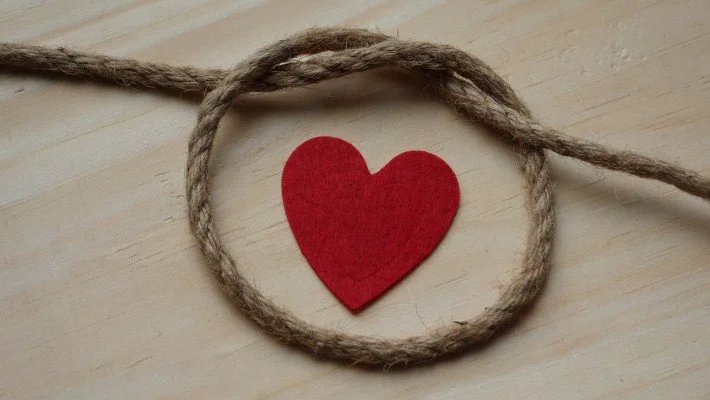Codependency: Navigating the Depths of Shame in Relationships
Codependency Therapy
At the core of many emotional struggles—addiction, anxiety, depression, and codependency—lies an often-unspoken emotion: shame. Unlike guilt, which is about doing something wrong, shame is the painful belief that we are something wrong. It’s an emotion so uncomfortable that many people go to great lengths to avoid feeling it. Yet, unaddressed shame silently shapes our behaviors, self-worth, and relationships.
In this blog, we’ll explore the physiological effects of shame, how it develops in childhood, its connection to codependency, and what you can do to start healing.
Shame Unveiled: A Physiological Rollercoaster
Shame is not just emotional—it’s physical. When someone experiences shame, their autonomic nervous system kicks in. This can result in symptoms like:
Blushing or flushing
A racing heart
Nausea or stomach discomfort
Freezing or dissociation
Sweating or feeling dizzy
These reactions often mimic trauma responses, and for good reason—shame can register as a threat to our very sense of self. When left unexamined, these bodily sensations reinforce the internal message: “Something is wrong with me.”
How Shame Shapes Our Lives and Relationships
Shame is often rooted in early childhood experiences, especially in families where emotions were punished, love was conditional, or trauma occurred. Children internalize messages from caregivers and environments, developing core beliefs such as:
"I'm not good enough."
"I'm unlovable."
"I must earn love through perfection or care-taking."
These beliefs become the emotional foundation for adulthood, often manifesting as people-pleasing, perfectionism, or emotional avoidance—hallmarks of codependency.
In relationships, shame can be deeply isolating. It prevents vulnerability and authenticity, driving wedges between partners and reinforcing unhealthy patterns of dependency and emotional reactivity.
The Driving Force of Shame in Decision-Making
Shame doesn’t just hurt—it directs behavior. When unacknowledged, shame can silently steer decisions and patterns that keep us stuck:
Avoidance behaviors, like addiction, compulsive overworking, or emotional withdrawal
Codependency, where one’s sense of self-worth is dependent on others’ approval or emotional state
Self-sabotage, where individuals unconsciously recreate environments that mirror early shame-based experiences
Because shame often hides in the subconscious, it can shape life paths and relationships without our conscious awareness. Recognizing shame’s influence is the first step in changing its course.
Unraveling Shame and Healing from Codependency
The good news? Shame can be healed. When we bring this hidden emotion into the light with compassion and support, we weaken its power. Here are some ways to begin:
Develop self-awareness: Journaling, therapy, and mindfulness practices can help you recognize shame-based thoughts and triggers.
Challenge core beliefs: Replace "I am not enough" with "I am worthy of love and respect."
Practice self-compassion: Speak to yourself as you would a child or best friend—gently and without judgment.
Set boundaries: Let go of the belief that your value depends on fixing or pleasing others. Boundaries are self-respect in action.
Seek therapy: A trauma-informed therapist can help you process early wounds and rewire patterns of codependency and shame.
Break the Cycle. Reclaim Your Worth.
Understanding and healing shame is a courageous journey, but it is one that leads to emotional freedom, deeper connection, and lasting self-worth. If you find yourself stuck in cycles of codependency or paralyzed by feelings of inadequacy, you are not alone—and there is a path forward.
✨ Ready to begin healing? Schedule a consultation today and take the first step toward emotional clarity, inner peace, and healthier relationships.
